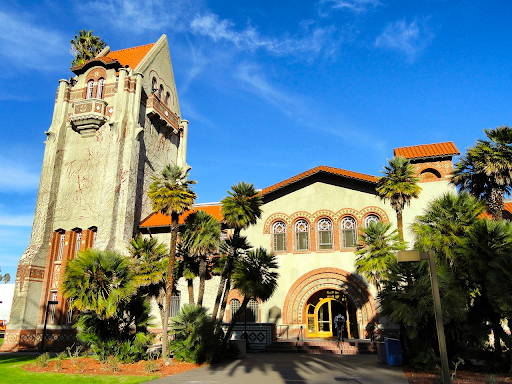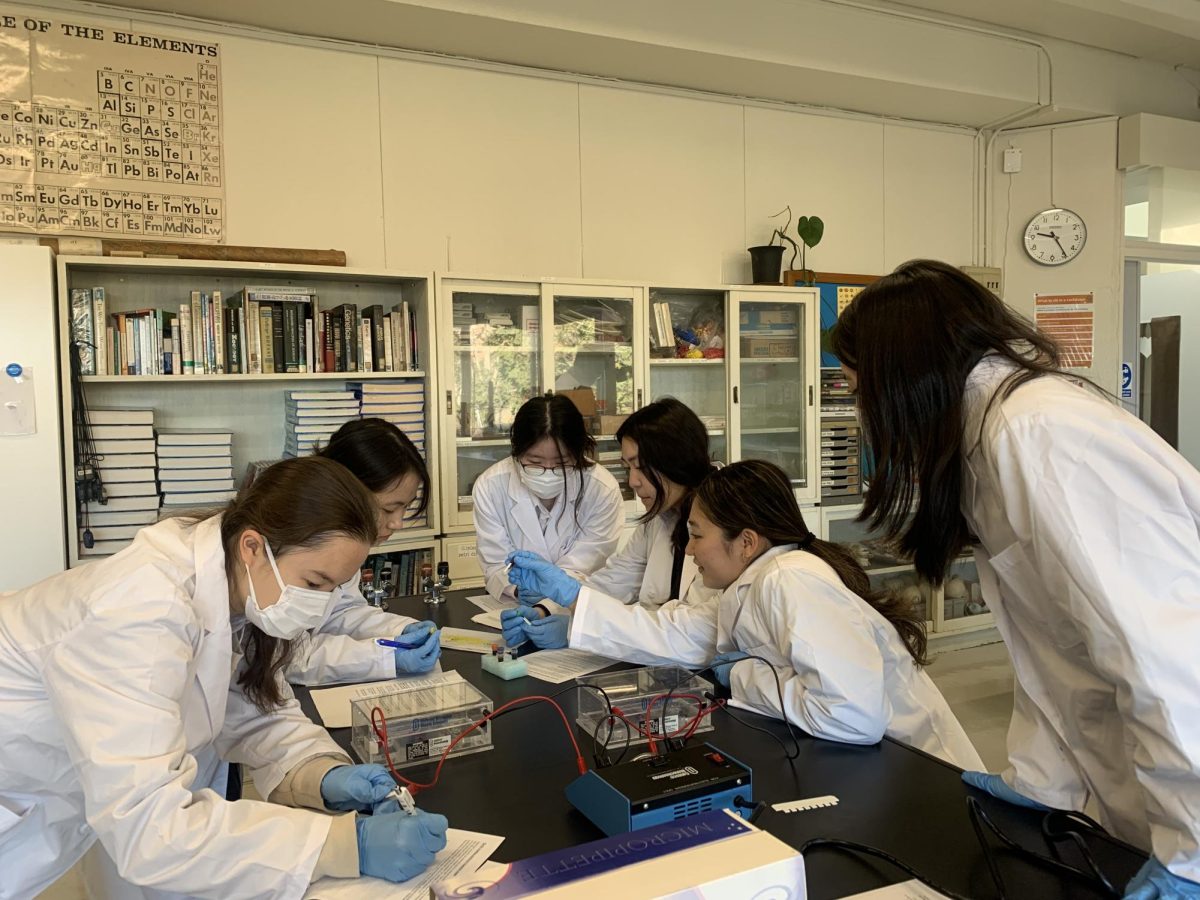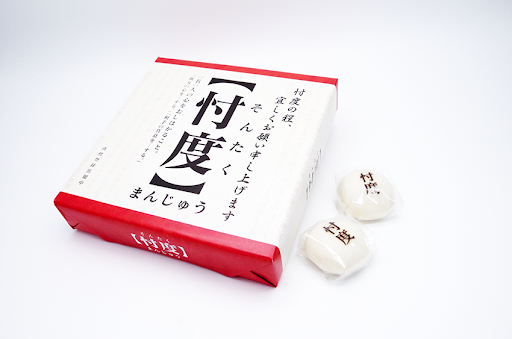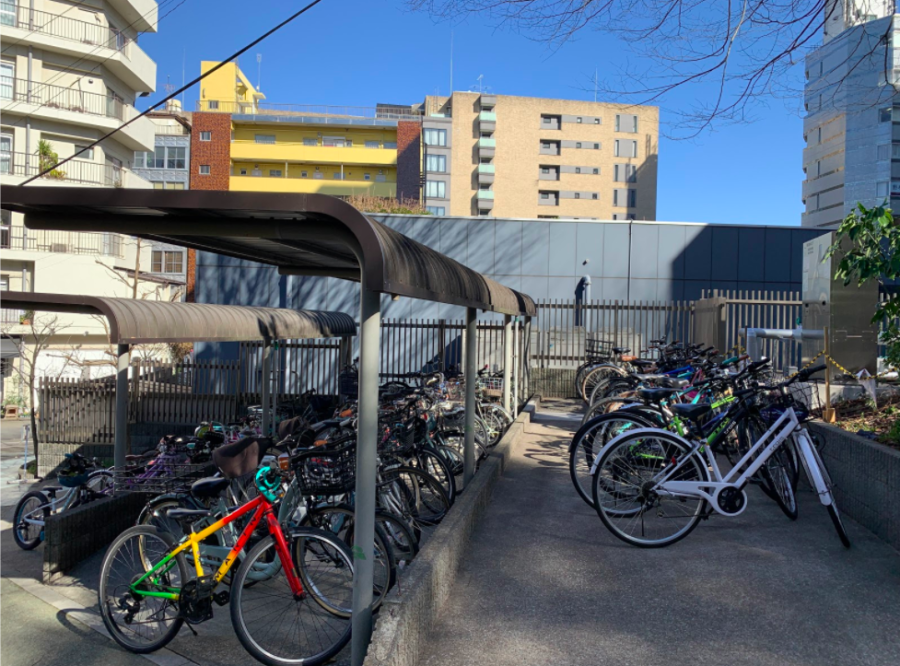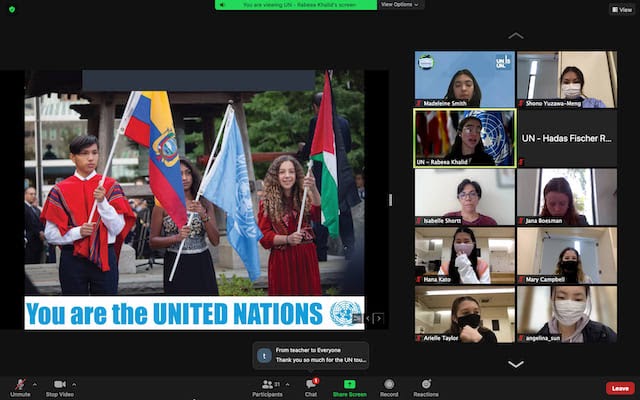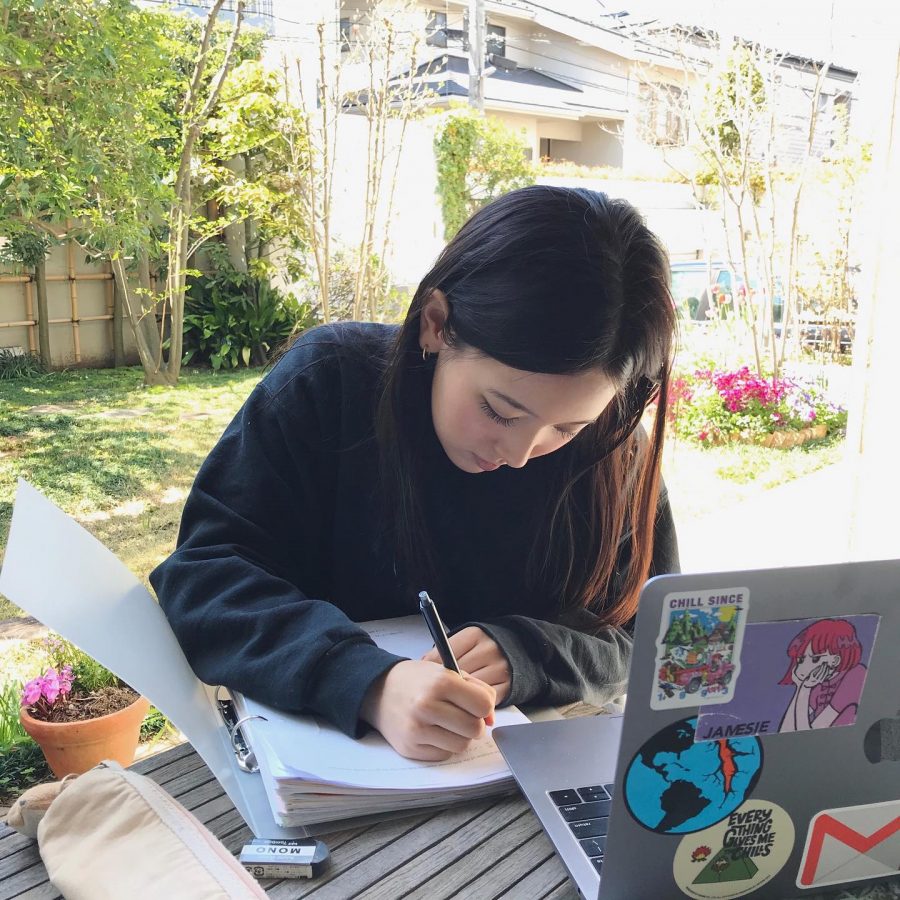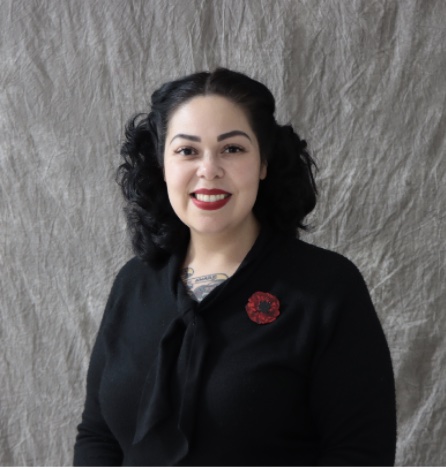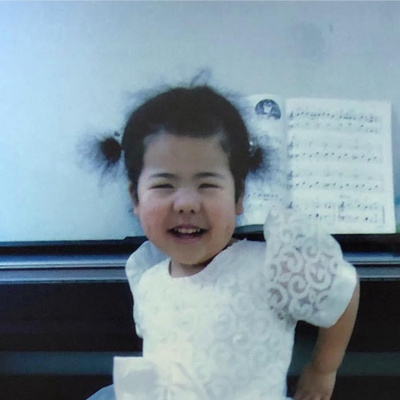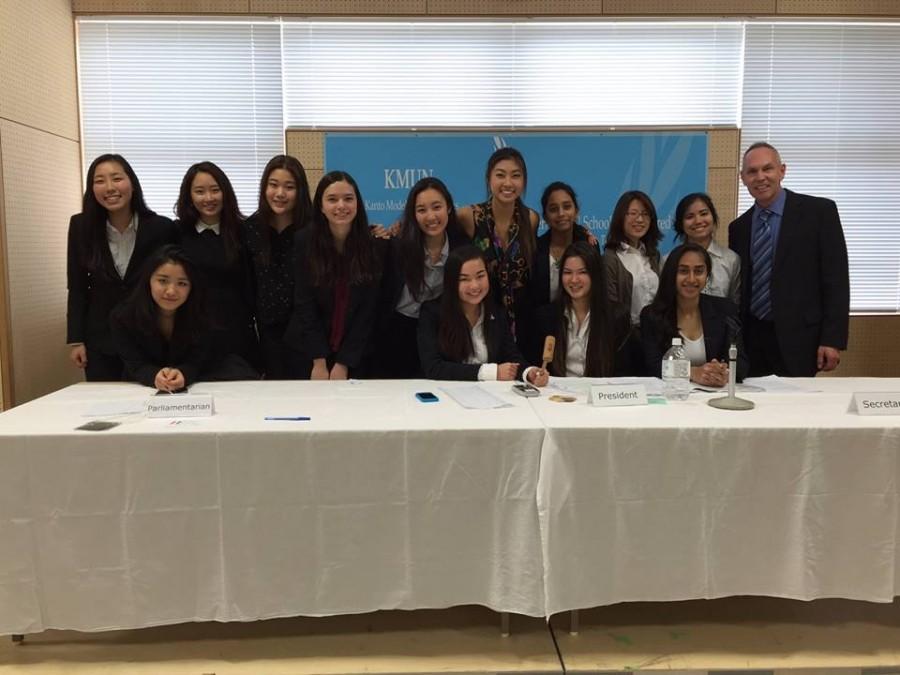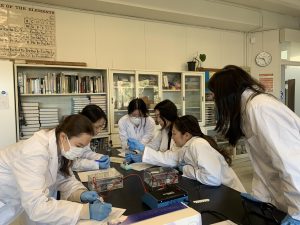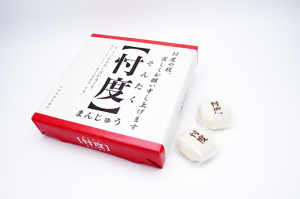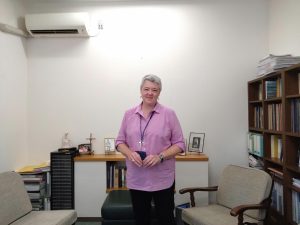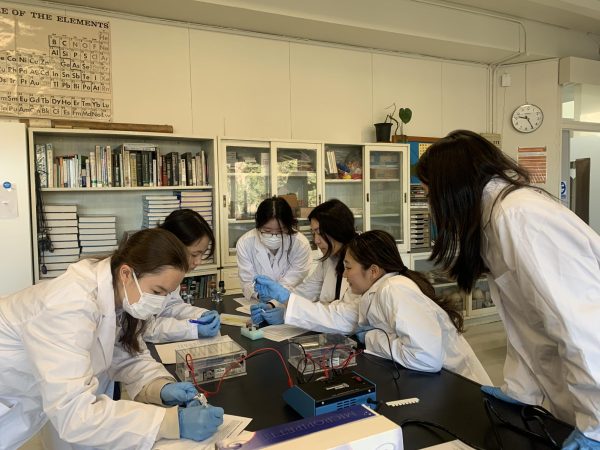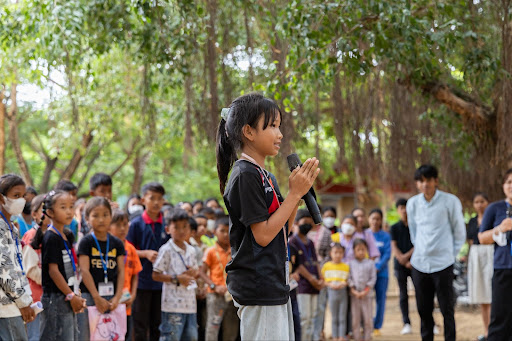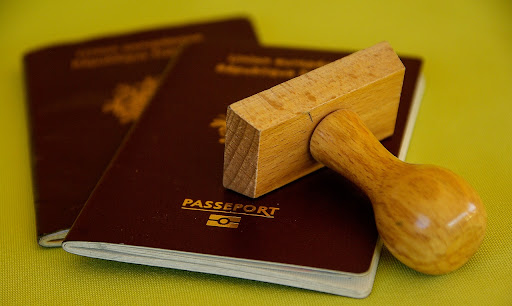Model United Nations: not for the faint hearted
April 30, 2015
The annual trip to Kobe for the Model United Nations is the highlight of the International Relations class. In February, the IR class, consisting of nine students, travelled to Marist Brothers International school in Kobe for the Marist Model United Nations. ISSH delegates represented Cambodia, El Salvador, Hungary, Israel, Nepal, Netherlands, Germany, Sierra Leone, and the United States of America. Out of the nine delegates, the delegate of Germany, Sydney (11), and the delegate of Israel, Julia (12), won an Outstanding Delegate Award.
The delegates spent three days debating topics including “hydraulic fracturing”, “Palestinian statehood”, “21st century slavery”, and “plastic in our oceans”. After long hours of fruitful debate, out of the four resolutions, two of the resolutions, “21st century slavery” and “Palestinian Statehood” passed with majority vote. All delegates of ISSH were active in every debate throughout the three-day conference.
The MMUN provided an opportunity for ISSH students to get a taste of how the UN operates and to practice their public speaking skills. Mai (12), the delegate of the United States said, “I learned the importance of being brave enough to voice my opinions, of fully supporting allies (friends), of trying to take the high ground, and most importantly, of staying true to what I think is right.”
In addition to MMUN, on April 11, ISSH held the annual Kanto Model United Nations. The resolution topic was “women in development” and the emergency crisis was on “the seize of the Suez Canal by ISIS”. The emergency crisis topic was especially relevant with the increasing tension in the Middle East. There were 64 delegates present in total. The international relations class represented Cambodia, El Salvador, Nigeria, Israel, Nepal, Netherlands, Germany, India, and the United States of America. Students from ISSH outside of the International Relations class participated as well. They represented Democratic Republic of Congo, Spain, Niger, Ghana, Jordan, Poland, and Colombia. The ISSH delegates held leadership positions including the General Assembly President and the General Assembly Parliamentarian, and were responsible to lead the debate. Despite fruitful debate, the resolution on “women in development” did not pass.
However, the emergency crisis resolution passed.
The International Relations class was able to attain its goal of tackling contemporary issues and exploring them beyond the classroom.
“It was stimulating to be a part of a debate where the topics were very relevant to the current society,” said Moeka (11), delegate of DR Congo.
Marist Model United Nations:
Shot by Mr. Felstehausen
Edited by Mai (12)

